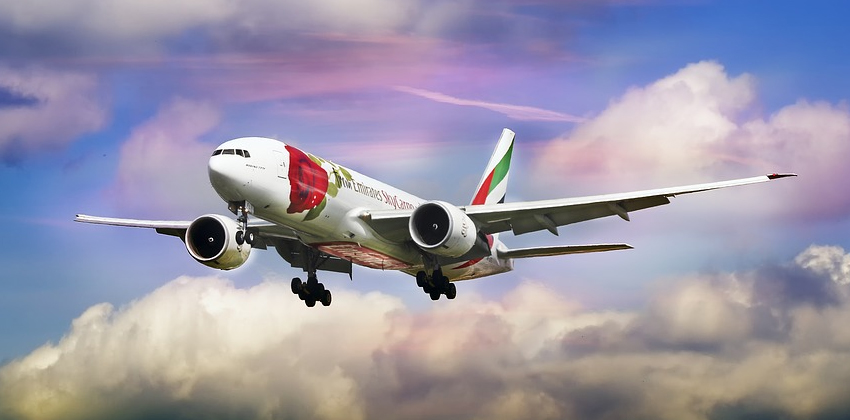Emirates to get financial aid from Dubai govt, as airlines struggle globally

Dubai has promised financial assistance for state-owned carrier Emirates as various international airlines look for government bailouts amid the corona virus pandemic. The government will inject new equity into the carrier, one of the world’s leading long-haul airlines, during this “critical period”, Sheikh Hamdan bin Mohammed Al Maktoum, the crown prince, said in a statement, according a Financial Times report.
Dubai is the latest government to intervene in the sector reeling from the coronavirus pandemic. The global airline industry will burn through $61bn of their cash reserves during the second quarter of this year, according to the latest forecast from its trade body. IATA, the industry trade body, on Tuesday warned carriers are facing an “enormous cash problem” and face a net loss of $39bn in the three months to end of June. The cash outlook comes just a week after IATA warned the pandemic would slash airline revenues by $250bn this year.
Governments around the world have been launching rescue packages for the aviation industry, including a US stimulus bill that earmarked $58bn in loans and guarantees for US airlines. Singapore has put together a $13bn rescue package for its national carrier. Regional rival Qatar Airways has also said its cash reserves are running low and it would soon have to approach its government shareholder for assistance.
Sheikh Hamdan said Emirates was of strategic importance to the economies of Dubai and the United Arab Emirates, playing “a key role in positioning Dubai as a major international aviation hub”. Similar to other airlines, Emirates has been hit hard by global travel restrictions and reduced demand. Scheduled passenger flights were suspended last week from its home base at Dubai airport, which is usually the world’s busiest in terms of international passenger traffic. The airline has grounded much of its fleet, placed employees on unpaid leave and cut the salaries of its 105,000 workforce by up to a half, Financial Times reported.




